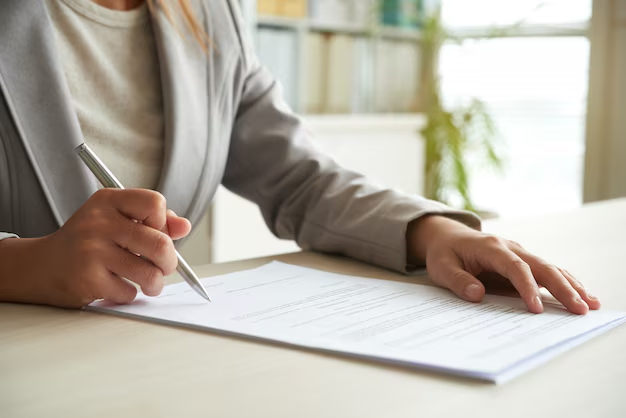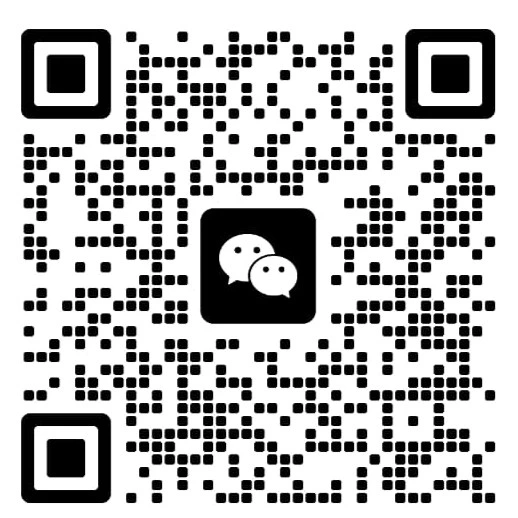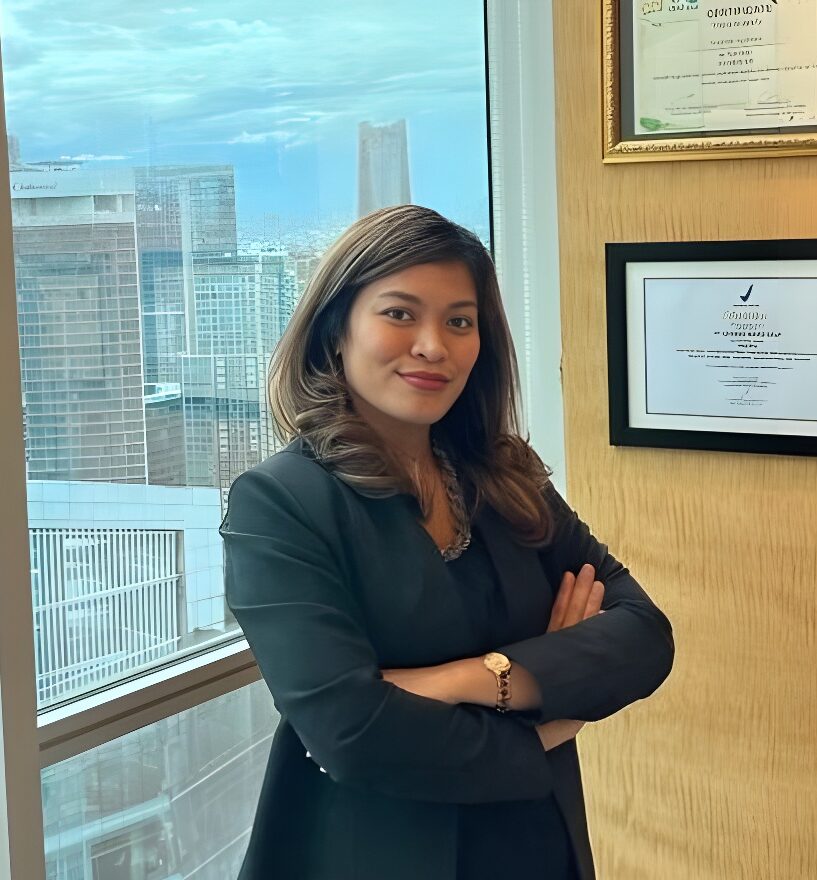Legal Requirements for Natural and Organic Cosmetics in Indonesia
Entering the Indonesian market with natural and organic cosmetics requires thorough knowledge of the regulatory requirements. In Indonesia, all cosmetic products, including those labeled as “natural” or “organic,” must be registered with the Badan Pengawas Obat dan Makanan (BPOM). The Indonesian cosmetics market, projected to reach USD 1.86 billion in 2024 with a 4.86% annual growth rate, offers significant potential for brands that meet these compliance standards.
This guide provides essential information on BPOM requirements for natural and organic cosmetics, helping you navigate the regulatory landscape confidently.
Regulatory Framework for Cosmetics in Indonesia
Indonesia’s regulatory framework ensures that all cosmetics are safe, high-quality, and clearly labeled before reaching consumers. BPOM plays a crucial role in overseeing cosmetic product registration, Good Manufacturing Practices (GMP) compliance, and labeling standards. For natural and organic cosmetics, these regulations cover product safety, ingredient transparency, and in many cases, Halal certification.
Meeting BPOM standards not only legitimizes a brand’s market entry but also enhances trust among Indonesian consumers, who value compliance with safety and ethical standards.

Key Requirements for Natural and Organic Cosmetics
1. BPOM Registration
To sell cosmetics in Indonesia, you must register each product with BPOM. Essential documents for registration include:
- A completed application form
- Ingredient list and product composition details
- Safety assessment report
- Product sample
- Certificate of analysis
- Trademark registration in Indonesia (if applicable)
- Company’s legal documents and warehouse information
This registration ensures that BPOM can access comprehensive details about the product’s formulation and intended use.
2. Product Notification
Once registered, cosmetics must be formally notified to BPOM before entering the market. This step allows BPOM to monitor products effectively, ensuring they meet the safety and quality standards required in Indonesia.
3. Production License
Manufacturers must have a production license confirming that their facilities adhere to GMP standards. This license certifies that the products are produced safely and meet quality expectations.
4. Importer Identification Number (API)
Businesses importing cosmetics into Indonesia need an API, which authorizes the importer to legally bring products into the country. This helps validate and monitor all imported cosmetics in the Indonesian market.
5. Halal Certification (If Applicable)
For cosmetics targeting Muslim consumers, obtaining a Halal certification is often essential. Halal-certified products adhere to Islamic dietary and ethical guidelines, a significant consideration in Indonesia.
Labeling Requirements for Cosmetics in Indonesia
All cosmetics sold in Indonesia must comply with strict labeling standards. Labels should include:
- Product name
- Function and usage instructions
- Full list of ingredients
- Manufacturer’s and importer’s names and addresses
- Batch number and expiration date
- BPOM registration number
Labels must also indicate any potential allergens or irritants and ensure the product aligns with Indonesian language requirements for transparency.
BPOM Registration Validity
A BPOM registration is valid for three years. After this period, companies must renew their registration to continue selling in the Indonesian market. Maintaining up-to-date certifications and documentation is crucial for sustained market presence.
Step-by-Step BPOM Registration Process for Cosmetics
The BPOM registration process includes the following steps:
- Document Preparation
Collect all necessary documents as outlined above. Each piece of documentation contributes to a comprehensive application package that ensures smooth registration. - Submission to BPOM
Submit the application package to BPOM either in person, by mail, or online. It’s essential to check for document completeness to avoid processing delays. - Registration Fee Payment
Pay the registration fee, which is approximately IDR 5 million per cosmetic product. Ensure you retain the receipt, as it is necessary for finalizing registration. - Application Review and Approval
BPOM reviews applications within 14 days, although more complex cases may take up to two months. BPOM provides written confirmation upon approval. - Issuance of Registration Certificate
Once approved, BPOM issues a registration certificate with a three-year validity. Companies should monitor expiration dates and prepare for timely renewal.
Benefits of Compliance
Complying with BPOM and Halal standards in Indonesia not only ensures legal market entry but also fosters consumer confidence. As the demand for natural and organic cosmetics rises, brands that prioritize transparency, safety, and certification stand out in the Indonesian cosmetics market.
Why Choose Product Registration Indonesia?
At Product Registration Indonesia, we simplify the regulatory process for companies entering the Indonesian market. Our expertise spans cosmetics, medical devices, food and beverages, supplements, and household products. With end-to-end support, we handle the complexities of regulatory compliance, allowing you to focus on growing your business.
How long does BPOM registration take?
The BPOM registration process typically takes 6 to 8 months, depending on product complexity.
How long is BPOM registration valid?
BPOM registration for cosmetics is valid for three years and can be renewed.
Can I sell cosmetic products without BPOM registration?
No, all cosmetics must be registered with BPOM, whether manufactured locally or imported.
What happens if my BPOM registration expires?
You must renew registration with updated documentation to continue selling in Indonesia.




